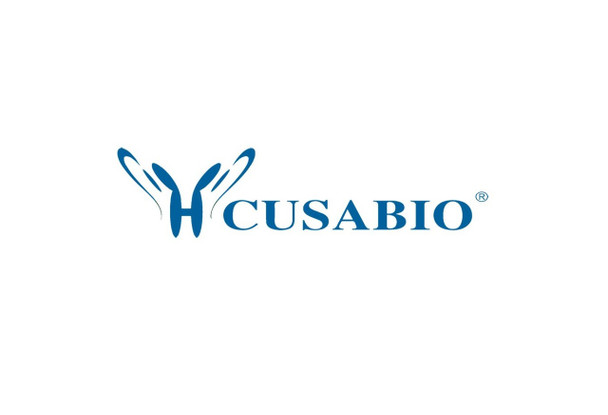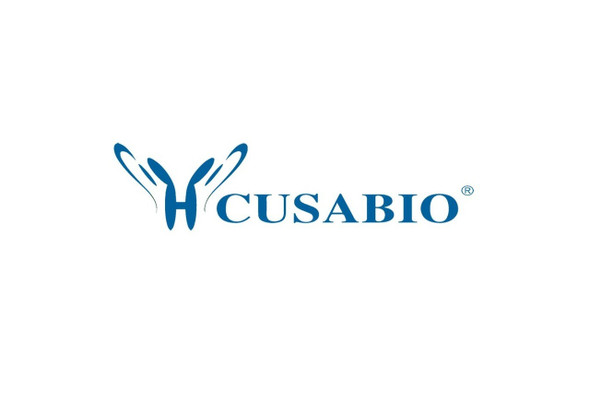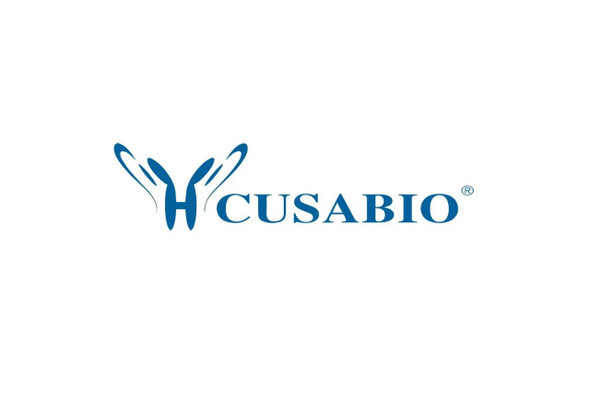Cusabio Human Recombinants
Recombinant Human Bifunctional polynucleotide phosphatase/kinase (PNKP) | CSB-EP857031HU
- SKU:
- CSB-EP857031HU
- Availability:
- 3 - 7 Working Days
Description
Recombinant Human Bifunctional polynucleotide phosphatase/kinase (PNKP) | CSB-EP857031HU | Cusabio
Alternative Name(s): DNA 5'-kinase/3'-phosphatasePolynucleotide kinase-3'-phosphatase 2 domains:Polynucleotide 3'-phosphatase (EC:3.1.3.32) ;2'(3')-polynucleotidasePolynucleotide 5'-hydroxyl-kinase (EC:2.7.1.78)
Gene Names: PNKP
Research Areas: Epigenetics and Nuclear Signaling
Organism: Homo sapiens (Human)
AA Sequence: MGEVEAPGRLWLESPPGGAPPIFLPSDGQALVLGRGPLTQVTDRKCSRTQVELVADPETRTVAVKQLGVNPSTTGTQELKPGLEGSLGVGDTLYLVNGLHPLTLRWEETRTPESQPDTPPGTPLVSQDEKRDAELPKKRMRKSNPGWENLEKLLVFTAAGVKPQGKVAGFDLDGTLITTRSGKVFPTGPSDWRILYPEIPRKLRELEAEGYKLVIFTNQMSIGRGKLPAEEFKAKVEAVVEKLGVPFQVLVATHAGLYRKPVTGMWDHLQEQANDGTPISIGDSIFVGDAAGRPANWAPGRKKKDFSCADRLFALNLGLPFATPEEFFLKWPAAGFELPAFDPRTVSRSGPLCLPESRALLSASPEVVVAVGFPGAGKSTFLKKHLVSAGYVHVNRDTLGSWQRCVTTCETALKQGKRVAIDNTNPDAASRARYVQCARAAGVPCRCFLFTATLEQARHNNRFREMTDSSHIPVSDMVMYGYRKQFEAPTLAEGFSAILEIPFRLWVEPRLGRLYCQFSEG
Source: E.coli
Tag Info: N-terminal 6xHis-SUMO-tagged
Expression Region: 1-521aa
Sequence Info: Full Length
MW: 72.4 kDa
Purity: Greater than 90% as determined by SDS-PAGE.
Relevance: Plays a key role in the repair of DNA damage, functioning as part of both the non-homologous end-joining (NHEJ) and base excision repair (BER) pathways. Through its two catalytic activities, PNK ensures that DNA termini are compatible with extension and ligation by either roving 3'-phosphates from, or by phosphorylating 5'-hydroxyl groups on, the ribose sugar of the DNA backbone.
Reference: Molecular cloning of the human gene, PNKP, encoding a polynucleotide kinase 3'-phosphatase and evidence for its role in repair of DNA strand breaks caused by oxidative damage.Jilani A., Ramotar D., Slack C., Ong C., Yang X.M., Scherer S.W., Lasko D.D.J. Biol. Chem. 274:24176-24186(1999)
Storage: The shelf life is related to many factors, storage state, buffer ingredients, storage temperature and the stability of the protein itself. Generally, the shelf life of liquid form is 6 months at -20?/-80?. The shelf life of lyophilized form is 12 months at -20?/-80?.
Notes: Repeated freezing and thawing is not recommended. Store working aliquots at 4? for up to one week.
Function: Plays a key role in the repair of DNA damage, functioning as part of both the non-homologous end-joining (NHEJ) and base excision repair (BER) pathways. Through its two catalytic activities, PNK ensures that DNA termini are compatible with extension and ligation by either removing 3'-phosphates from, or by phosphorylating 5'-hydroxyl groups on, the ribose sugar of the DNA backbone.
Involvement in disease: Microcephaly, seizures, and developmental delay (MCSZ); Ataxia-oculomotor apraxia 4 (AOA4)
Subcellular Location: Nucleus
Protein Families: DNA 3' phosphatase family
Tissue Specificity: Expressed in many tissues with highest expression in spleen and testis, and lowest expression in small intestine (PubMed:10446192). Expressed in higher amount in pancreas, heart and kidney and at lower levels in brain, lung and liver (PubMed:10446193).
Paythway:
Form: Liquid or Lyophilized powder
Buffer: If the delivery form is liquid, the default storage buffer is Tris/PBS-based buffer, 5%-50% glycerol. If the delivery form is lyophilized powder, the buffer before lyophilization is Tris/PBS-based buffer, 6% Trehalose, pH 8.0.
Reconstitution: We recommend that this vial be briefly centrifuged prior to opening to bring the contents to the bottom. Please reconstitute protein in deionized sterile water to a concentration of 0.1-1.0 mg/mL.We recommend to add 5-50% of glycerol (final concentration) and aliquot for long-term storage at -20?/-80?. Our default final concentration of glycerol is 50%. Customers could use it as reference.
Uniprot ID: Q96T60
HGNC Database Link: HGNC
UniGene Database Link: UniGene
KEGG Database Link: KEGG
STRING Database Link: STRING
OMIM Database Link: OMIM










